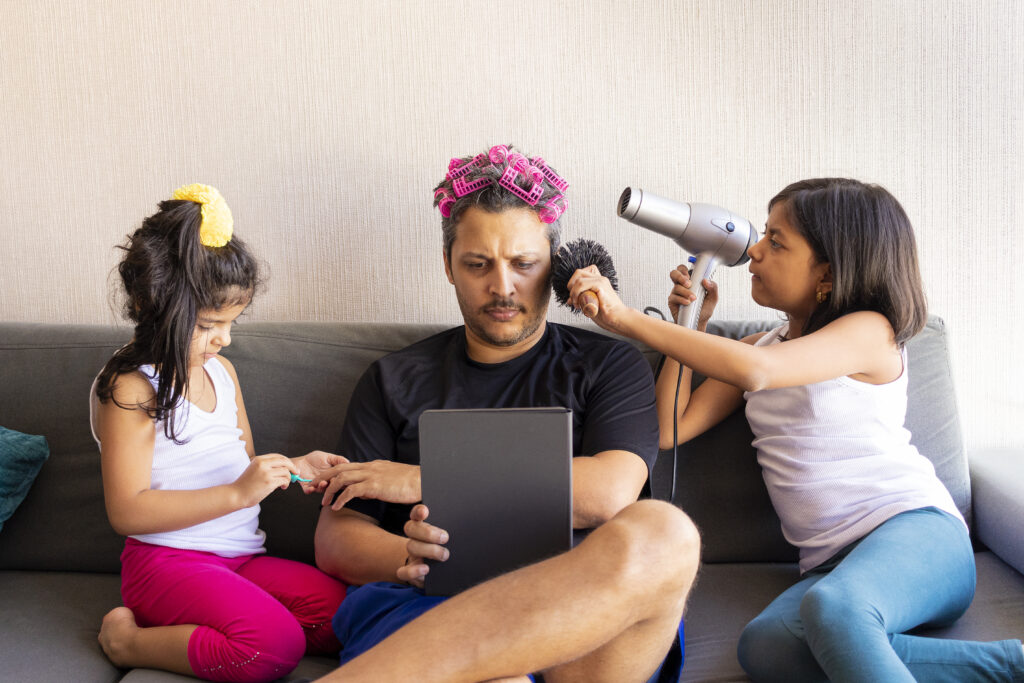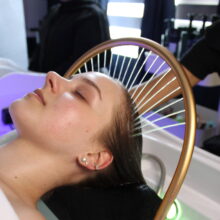Dutch Parenting Secrets: How to Raise Happy, Independent Kids
- Published: Tuesday, September 17th 2024
- in Living Well

The Netherlands is consistently ranked as one of the best countries for raising happy children. But what’s their secret? Dutch parenting methods emphasize balance, independence, and emotional well-being – all of these things contribute to happier kids. But they also make sure the parents are happy and healthy too. A reminder that you can do everything right for your kids but if it makes you run ragged, tired, and irritable, then it’s not going to bring happiness. Here are a few ways that Dutch parents hack parenting –
Sleep Like a Baby
No, we can’t push nap time. Dutch children have regular sleep schedules, and a good night’s sleep is prioritized. Studies show well-rested children are happier and better adjusted. But it’s not just the children getting extra zzz’s, Dutch parents (and Dutch people in general) have been known to get more sleep than the world’s average. They understand that sleep is important for your mental well-being, longevity, and happiness. Now, if someone could pass this message along to your baby, that would be great… For tips on how to maximize your sleep, even if you aren’t getting a lot, click here.
Let Them Do It
From a young age, Dutch kids are encouraged to be independent. They bike to school, make decisions, and handle small responsibilities, which helps build confidence. While it’s sometimes easier to do everything for your child, allow them to try (and maybe fail), it can help them build up skills and confidence. We’re seeing this play out (yes, pun intended) in the advent of adventure playgrounds, which are designed to be places where kids can make their own decisions and yes, potentially be a little dangerous. Adults tend to be surprised that kids can do more and make better decisions when we let them.
Prioritize Play and Outdoor Time
Speaking of playgrounds, Dutch parents allow their children plenty of free time to play, especially outdoors. This unstructured play fosters creativity and social development. Plus being in nature can be good for your mental and physical health. Of course to prioritize outdoor time, you need good quality and accessible playgrounds, parks, and hiking areas, which isn’t always the case for everyone.
Open Communication
Dutch families have a culture of open dialogue. Parents encourage children to express their feelings and opinions, creating a strong emotional bond and fostering mental well-being. Children who feel heard and listened to feel more confident. This doesn’t mean not saying no or giving in to their every whim. Learn about the difference between gentle parenting and permissive parenting here.
Less Pressure on Achievement
Dutch parents value their children’s happiness over academic pressure. The focus is on balance—education is important, but so are relaxation and fun. You only get one childhood so it doesn’t need to be a race to getting into the best college. Learning how to be a good, happy human is important too.
Supportive Communities
It takes a village so they say but it seems like most American parents don’t have any sort of village. The Dutch community, including schools and neighborhoods, plays a vital role in supporting child development, offering a safe and nurturing environment. Support, whether from family or the government, is important to keeping children and parents happy and most importantly sane.
By integrating these practices, parents worldwide can learn from Dutch parenting to raise happier, more well-rounded children. But these ideas can’t just be executed at home, they need a larger buy-in from your school, neighborhoods, and governments. The more a place creates space for children, the more they feel included and not a nuance. By giving spaces that allow children to be children, you also give adults quiet and calm places. It’s a win-win situation that ultimately strengthens this generation and the next.



